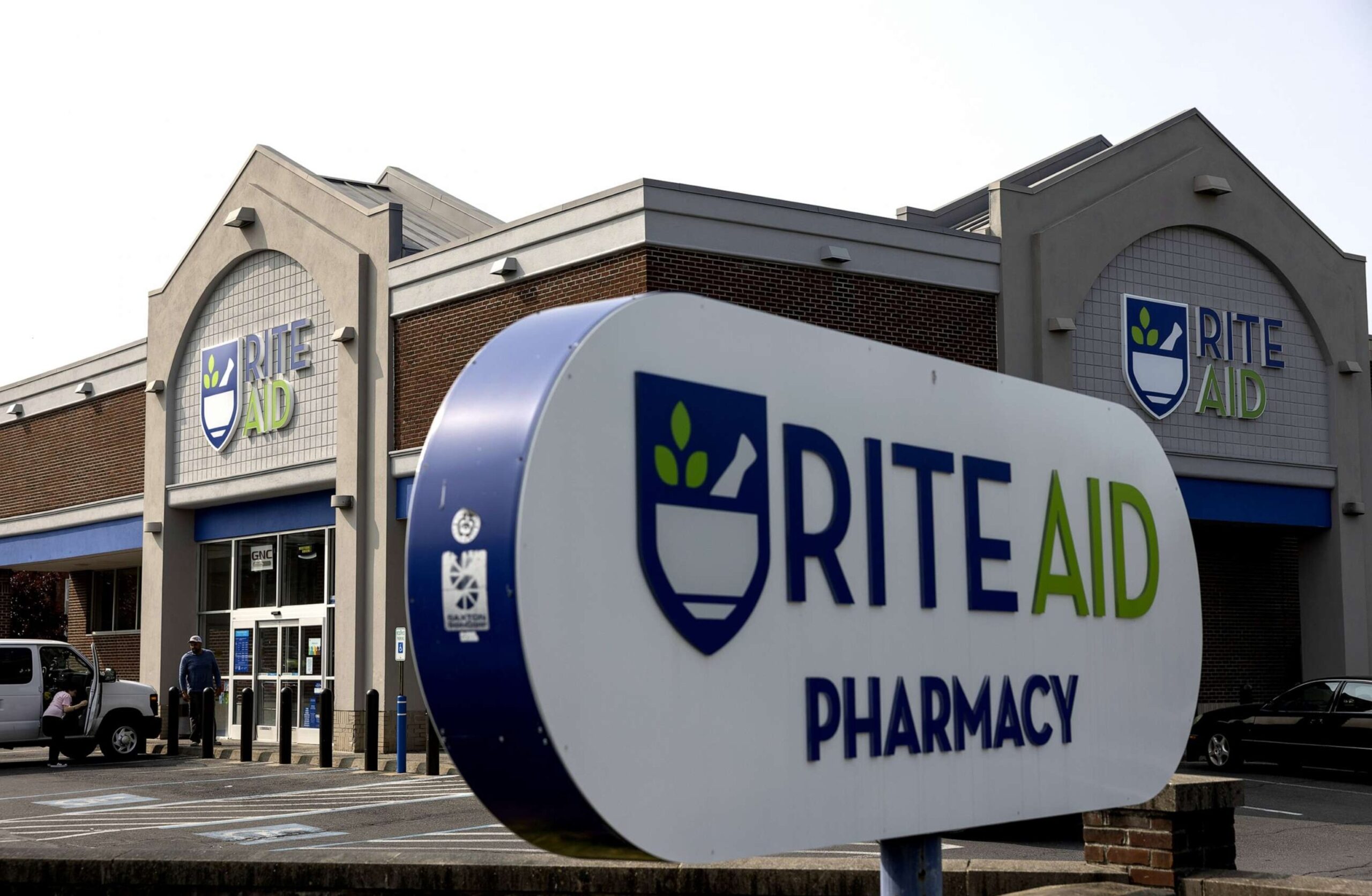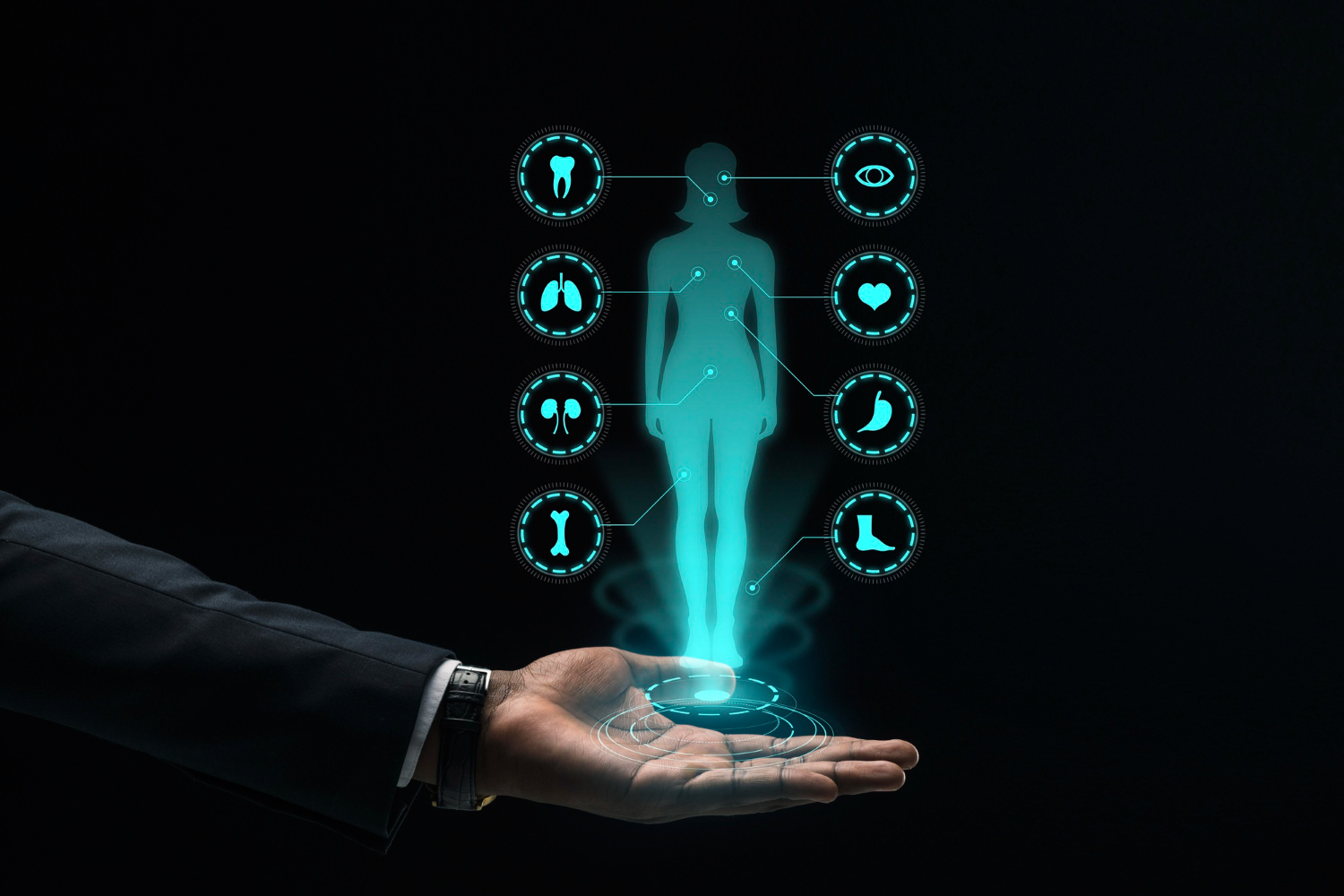Prelude to App Family Medicine
Healthcare is no longer tethered to sterile corridors or crowded waiting rooms. In this digital resurgence, app family medicine are reshaping the foundations of care, placing an entire clinic’s reach into the palm of one’s hand. From booking visits with a tap to accessing records instantly, these platforms embody the cutting edge of modern healthcare.
Defining App Family Medicine
App family medicine unites the trusted principles of traditional family practice with the agility of digital platforms. Instead of waiting weeks for a physician’s appointment, patients now carry immediate access to medical expertise directly on their devices.
The Merits of Family Medicine Applications
Convenience and Reach
Care is no longer distant—it arrives at your doorstep, eliminating idle waits.
Economy of Care
Virtual consultations often come at a fraction of traditional costs, easing financial pressure while saving time.
Individualized Care
With comprehensive health histories stored digitally, doctors can provide continuous, tailored treatment.
Perpetual Accessibility
Health concerns don’t pause—and now, neither does access to your physician.
Salient Attributes of Family Medicine Apps
- Teleconsultations – Direct video conversations with licensed physicians.
- Pharmaceutical Reminders – Safeguards against missed medication.
- Health Repository – Centralized storage of prescriptions, test results, and medical history.
- Preventive Tools – Trackers for fitness, diet, and wellness insights.
- Seamless Scheduling – Effortless appointment booking without long calls or queues.
Enriching the Patient–Doctor Relationship
These apps foster stronger bonds by enabling immediate communication, reducing delays, and building trust between patients and caregivers.
Artificial Intelligence’s Role in Family Medicine Apps
AI augments these tools with intelligence—from chatbots addressing routine queries to predictive models forewarning health issues—ushering in a new dimension of personalized care.
Challenges in the Digital Landscape
Concerns such as data security, limited adoption among older users, and over-reliance on technology remain. Balancing innovation with traditional healthcare practices is key.
Leading Family Medicine Apps
- Teladoc Health – A leader in virtual care.
- Amwell – Affordable telehealth services.
- MDLIVE – On-demand primary care access.
- HealthTap – Extensive medical Q&A platform.
- MyChart – Simplified health record management.
Transforming Rural Healthcare Access
In remote areas, these apps act as a bridge, bringing vital care to regions where hospitals remain far out of reach.
The Future of Family Medicine Apps
Expect integration with wearable technology, advanced preventive features, and global connectivity—bringing unified healthcare solutions across borders.
How to Choose the Right Family Medicine App
- Confirm accreditation and positive reviews.
- Ensure strong data protection.
- Match features with your family’s healthcare needs.
Family Medicine Apps and Mental Health
Beyond physical care, many apps now provide therapy, stress relief programs, and wellness support for holistic wellbeing.
Regulations and Compliance
Adherence to standards like HIPAA and GDPR ensures confidentiality and ethical handling of sensitive patient data.
Real-World Case Studies
- Chronic Care – Simplified diabetes management for families.
- Elderly Care – Streamlined prescriptions and easy physician access for seniors.
Conclusion
App family medicine signifies a healthcare revolution—accessible, affordable, and efficient. While challenges remain, the benefits overwhelmingly prevail, making these apps the cornerstone of convenient modern care.
Frequently Asked Questions
Q1: Are family medicine apps secure?
Yes, most adhere to strict privacy standards like HIPAA and GDPR.
Q2: Can these apps replace in-person visits?
Not entirely. They complement physical visits, especially for routine or non-urgent care.
Q3: Are consultations via apps covered by insurance?
Many insurers now recognize and cover telehealth appointments.
Q4: Can elderly patients use these apps?
Yes, though some may need assistance in adapting to the technology.
Q5: Which devices support family medicine apps?
They are generally compatible with smartphones, tablets, and web browsers.




3 thoughts on “App Family Medicine: Reimagining Primary Healthcare in a Digital Epoch”